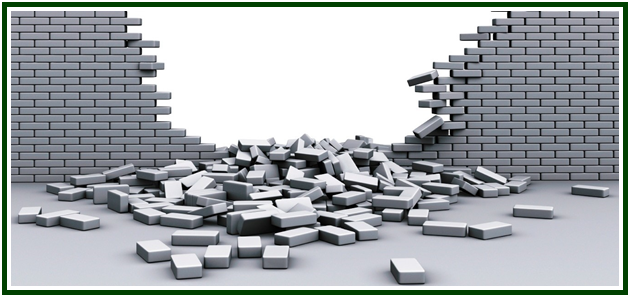
There Is No Need to Live in the
Ruins of Something That Has Ceased to Exist
Carlos Cardoso Aveline

Collective consensus creates accepted representations of reality.
It provides the basis for the daily life and cooperation within a group or culture. However, a consensus may be true, or false.
Up to Galileo Galilei’s time, for instance, the consensus was that the Earth was flat. The Sun went around it every day in those times, and it was dangerous to one’s very life to question such a divine consensus.
In the 1910s and 1920s, the consensus in the Adyar Theosophical Society was that Annie Besant and Charles Leadbeater actually talked to an authentic “Lord Christ” and several other masters who were in fact imaginary. There was shock and awe when Jiddu Krishnamurti himself, who was to impersonate the Christ, dismantled that worldwide farce.
The Circus of “talking to masters” had then to be adapted to smaller circles of people who would accept working on the basis of organized naiveté.
From a marriage and a family to a theosophical society, including a political party and the whole civilization of today, “consensus” and “common beliefs” should be examined. They may contain significant amounts of Maya, or Illusion; especially so, if we try to suppress the possibility of regularly re-examining and checking them.
Habit makes illusory consensus look like true, just as the flat Earth and the whole sky obediently traveling around it, as the Vatican had decided.
From time to time, some consensus emerges whose falsehood becomes so great and so obvious that cannot sustain itself before Karma any longer. Then its walls begin to crumble.
This is the right moment – however painful – to re-examine the “description of reality” we are attached to. If we do not renounce illusions, then illusions themselves will renounce us in due time.
And there is no need to live in the ruins of something that has ceased to exist.
We can always build better, healthier and more open representations of truth. This applies to our personal relationships, to our vision of the Spiritual Path, and to every department of life, in all time.
000
In September 2016, after a careful analysis of the state of the esoteric movement worldwide, a group of students decided to form the Independent Lodge of Theosophists, whose priorities include the building of a better future in the different dimensions of life.
000